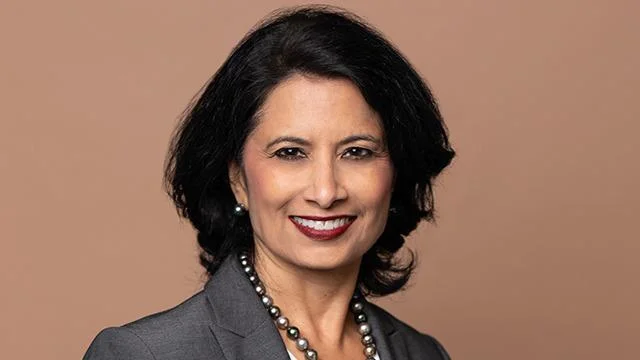A recent survey by the University of Houston’s Hobby School of Public Affairs highlights that inflation and the rising cost of living are primary concerns for residents in the Greater Houston area. The Houston Metro Community Survey, conducted between March 7 and May 7, collected responses from more than 9,600 people across various backgrounds, neighborhoods, and household types.
The findings show that 36% of respondents are either just meeting basic expenses or falling short financially. Nearly 70% expressed significant concern about inflation and living costs. Disaster preparedness also emerged as a major issue, with over 40% of Generation X and millennial respondents lacking sufficient savings to recover from a natural disaster. Among racial groups, about 45% of Black and Hispanic participants reported being very worried about the financial impact following such events.
Political affiliation influenced views on climate change: 62.5% of Democrats consider it a major issue compared to only 18.3% of Republicans. Perceptions around crime and safety also varied; women and city residents were less likely to feel safe during the day than men or those living in suburban areas.
“People don't necessarily find their own community unsafe, but they think crime is generally an issue,” said Gail Buttorff, associate director of the Center for Public Policy (CPP) and associate research professor at the Hobby School.
The survey also served as a recruitment tool for the SPACE City Panel — Survey on Public Attitudes and Community Engagement City Panel — which launched this spring through a partnership with the National Opinion Research Center (NORC). This long-term research project will follow approximately 5,000 Houston-area residents through quarterly surveys to track changing public opinion.
“The longitudinal design allows researchers to capture shifts in household conditions and attitudes over time instead of comparing disconnected ‘snapshots’ of different respondents,” said Pablo Pinto, director of the CPP and professor in the Hobby School.
Savannah Sipole, research associate at the Hobby School, noted that unlike previous surveys focused on Houston proper, this initiative includes communities across nine counties in Greater Houston.
The SPACE City Panel aims to monitor trends in politics, economics, resiliency, and sustainability while adapting questions based on timely regional events like natural disasters or elections. Researchers hope this data will help policymakers adjust programs more rapidly based on community feedback.
“Quarterly trend lines will let city, county and state officials see whether programs are reaching the communities that need them — and recalibrate within months, not years,” Pinto said.
Results from the first SPACE City Panel survey are expected later this fall.

